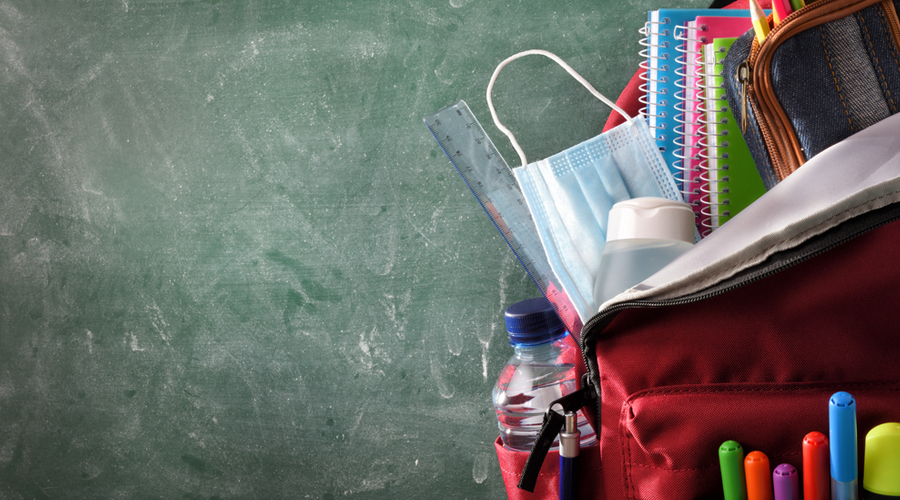Students will take time to get back to the pre-Covid “normal” once in-person classes resume and schools need to be more relaxed on discipline and rules in the initial months, psychologists and teachers said.
It will be a challenge for teachers to make students shift from the “home mode to the school mode,” said a counsellor, pointing out that they could initially be “restless” at the school desk.
The pandemic and the lockdown allowed young learners to take certain leeway such as sitting on a couch to attend online classes, using a footstool, waking up 10 minutes before the day’s first class and taking a break between classes.
Also, unlike the pre-Covid days, they are not required to attend eight periods a day.
During the transition, teachers will have to be more patient and empathetic to the students and help them get back to a routine they have been detached from for 10 months.
“There is a huge change in lifestyle and we have to give children that space and opportunity to adapt,” said psychologist and counsellor Ruvena Sanyal.
For the students, the boundary between home and classes have become blurred and most of them have stopped following hygiene routines or setting themselves academic goals.
A Class X boy said that thanks to online classes, he can get up at 8.45am to attend a class at 9. He is free by 12.15pm.
“Even during the three hours 15 minutes we get a 15-minute break. Also, there is no need for me to take a shower in the morning or eat breakfast before the classes,” said the 16-year-old.
School heads agree that initially they could not be too strict on students as they used to be during the pre-pandemic days.
“There will be staggered entry and we cannot be a stickler for punctuality initially. Also, attendance might be impacted and we have to be easy on children,” said Sharmila Bose, the director of Sushila Birla Girls’ School.
Teachers said boys and girls were indulging in styles they were not allowed to when they were attending in-person classes — such as nail art or growing hair long. All these pursuits are providing the students with a “feel good factor” amid the pandemic, which has taken away their social life.
Taking a stroll between classes or a water break during class has become normal during the pandemic.
“Schools and teachers have to ensure a happy shift from the home mode to the school mode. If teachers find that students are fidgety or sleepy in class, they should be allowed to go out for a walk, take a break and come back. Schools will have to be easy with rules and regulations,” said Reeta Chatterjee, the director of North Point Senior Secondary Boarding Schools in Calcutta.
Psychologist Ruvena Sanyal said it would be an “uphill task” for teachers to get the attention of the child back to school.
“Class activities will have to be done in a way that will hold the attention of the children... children have a shorter attention span and with an overdose of online activities, we are anticipating attentional problems and restlessness in class,” said Sanyal.
Many school heads have been wanting schools to reopen, especially for practical classes for senior students who will soon appear in board exams and for doubt-clearing sessions.
But psychologists warn that “academics solely” cannot take a front seat.
“The senior classes, especially the board examinees, are short on time, but everyday 15 to 20 minutes should be allotted for activity-oriented thinking... which will help them relax in school and gradually follow a routine,” said psychologist Ishita Sanyal.
Psychotherapist Farishta Dastur Mukerji said online classes were an “artificial space,” and students would look forward to connecting with their friends and teachers.
“Instead of plunging directly into academics, students have to be given time and space to share their thoughts and feelings. Teachers will have to be more empathetic and understand where the child is coming from, instead of focusing on shoulds and should nots…” said Dastur Mukerji.











